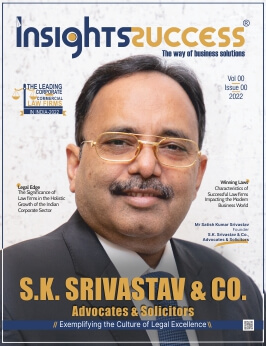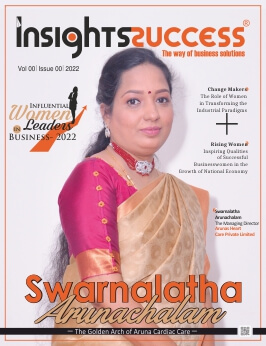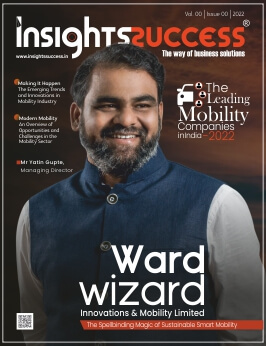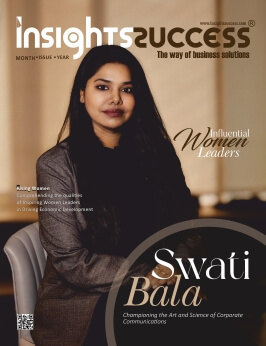In this age of social media and all things digital, “influencers” have risen to prominent celebrity status. Some years ago, influencers were called bloggers or vloggers, but now, the term “influencer” fits them better – this is because they have the power to influence the beliefs and decisions of their followers/ fans. Why is that? Let’s explore the reasons.
Influencers on social media are relatable. They’re not like movie stars who seem like they live totally different lives and are way out of touch with the “regular life”. Social media influencers make content that resonates with their target audience – be it comedy sketches about everyday life or regular people, be it skin and weight struggles, be it gardening or creating art of any kind.
We inhale good content that matches our interests, and in doing so, we establish a relationship with the influencer in question. We subconsciously start thinking that they are just like us and understand our struggles and our problems. Then, it’s only natural that we start trusting them for solutions as well.
If a dermatologist (who has documented her own acne struggles and success story on Instagram in the past) advises you to follow a specific skincare regimen, it is highly likely that you will try it out. If a home cook with millions of followers provides you with a date night recipe that’s easy to make and light on carbs, it is very likely that you will at least try recreating it in your own kitchen.
As long as the content comes from a reliable source (or one that you trust as reliable but may not be the most credible), audiences tend to follow what their favourite social media influencer is saying. And that’s why Influencer Marketing is so successful and so relevant in this day and age. There’s also a very apt flip side to it.
Influencers mostly will not falsely advertise or promote anything they know is sub-standard or seriously harmful. Why? Because they have their own reputation to protect. We live in the “cancel culture” these days, and anyone, no matter how big or how influential, can get cancelled with one wrong move. So, influencers have to be very careful about what they promote too.
Influencer marketing allows businesses (especially new ones) to grow their reach and potential sales exponentially by advertising to a focused target audience that’s known to have a trigger finger. Influencer marketing is also super flexible and can be customised endlessly to suit the needs of every stakeholder. Businesses can handpick the influencers they want to promote their products; influencers can charge on a revenue-share basis or a direct per-post fee; and the audience can choose to be picky about the influencers they trust about new products and only buy after seeing/ reading comprehensive reviews. It’s a win-win for all parties involved, generally.
It is easy to get started with Influencer Marketing if you’re a business owner. You have to come up with a list of relevant hashtags related to your product or service and then comb through Instagram or any other social media platform of your choice to find influencers who specialise in your industry’s content. Then simply contact the influencers to work out the details of a paid promotion or paid partnership.
























